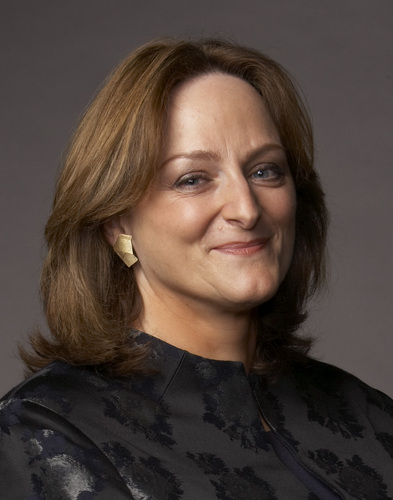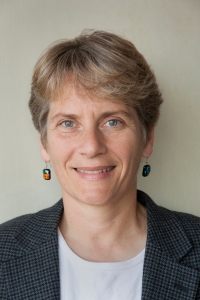Aaaaand we’re back! After a long time away spending most of my time trying to navigate in another language (thanks study abroad!) I finally return. And I’m mad.
Earlier this week, I read an article by Kate Marvel that can be found here. She was not the one to make me angry. What did was how much that article rang true. Marvel describes a hostile environment for women in science that I have recently had the luxury to (mostly) forget about. I am lucky to attend a university whose astronomy department is inclusive and doesn’t feel threatening. But reading this article has reminded me that I am going to have to leave this bubble eventually. And I’m mad.
I’m mad that as soon as I read this article I remembered every time a man – qualified or unqualified – implied or outright told me I shouldn’t be a scientist. The PE teacher who told me to be a tour guide instead. The physics teacher who warned me that another girl was applying to the same kind of summer science program I had asked for a recommendation letter for, and that she was really smart, even though I had an A in his class. Both semesters. The countless men who heard my choice of major and were surprised, condescending, unkind. I think about the fact that as insulated as I am by the astro department, a guy in my physics class invited me to join his study group last week and only briefly made the effort to meet my eyes instead of my chest.
I’m angry that even though my physics professor is happy when I ask clarifying questions in class about his derivations (“Shouldn’t that x be negative? Didn’t you define that variable differently only two steps ago?”) I find myself worrying that the men in my class will mistake it for a lack of understanding. I understand what’s being done. I just want to be sure the math is done right. I feel a pressing need to be perfect, to do no wrong, to understand everything instantly. I can’t be led astray by a misplaced negative.
I’m angry that even in a department where I feel included and treated equally, I am still uncomfortable answering a question unless I am 100% sure my answer is correct. I’m angry that I feel like one wrong answer will tip some invisible scale and I’ll be that girl who doesn’t know what she’s doing, that girl who doesn’t belong here. I’m angry because I know I belong, but that’s not enough. Unless everyone else agrees, I won’t get anywhere. I’m angry that “after four years I start to forget the nasal whine of a hostile question and the blood sport of talks to aggressive audiences” feels so familiar. The number of people who question me – outright or with subtlety – about my major outside of my safe university bubble is too vast.
I am angry, but I am hopeful. I am hopeful that the other women who have gone through this – astronomers or biologists or doctors – will help lift us up. Last month, my doctor asked me what I was studying. When I told her I was an astronomy and physics major, she responded without the shocked and confused pause I’m so used to hearing after I say those words. Instead, she smiled and asked “so, you’re going for a PhD then?”
I don’t know if she knew what that meant to me. The support of my family and friends aside, she was the first stranger that treated my choice of major like it was normal. Of course I was studying science. Obviously I’d be getting my PhD. There was no question. No statement that my choice was “unusual for a girl.” No moment of doubt. It was one woman who had worked hard, studied science, battled through and got her degree, looking at another and saying, “you are valid” without ever speaking those words aloud.
Women supporting other women is powerful. I carry my “vaccine” from Dr Urry close at hand, knowing that I have been inoculated against the idea that I don’t belong, that just because everything doesn’t always come to me instantly, the people around me struggle to learn just as I sometimes do. It is comforting to know that when I feel doubtful and uncertain, there is an army of white blood cells who have seen this disease before and remain ready for battle. I look at my mother, unwilling to let anyone treat her with disrespect, unwilling to let anyone assume she is any less than the intelligent, kind, strong woman she is, and know I too can demand my respect. I look at the respect given to Professor Hughes, our department’s only female faculty member, and I see proof that even though science sometimes feels like it’s against you, you can come out on top. There is a way to make it my own, and feel only the quiet peace I experience when I look up at the stars on my walk home.




